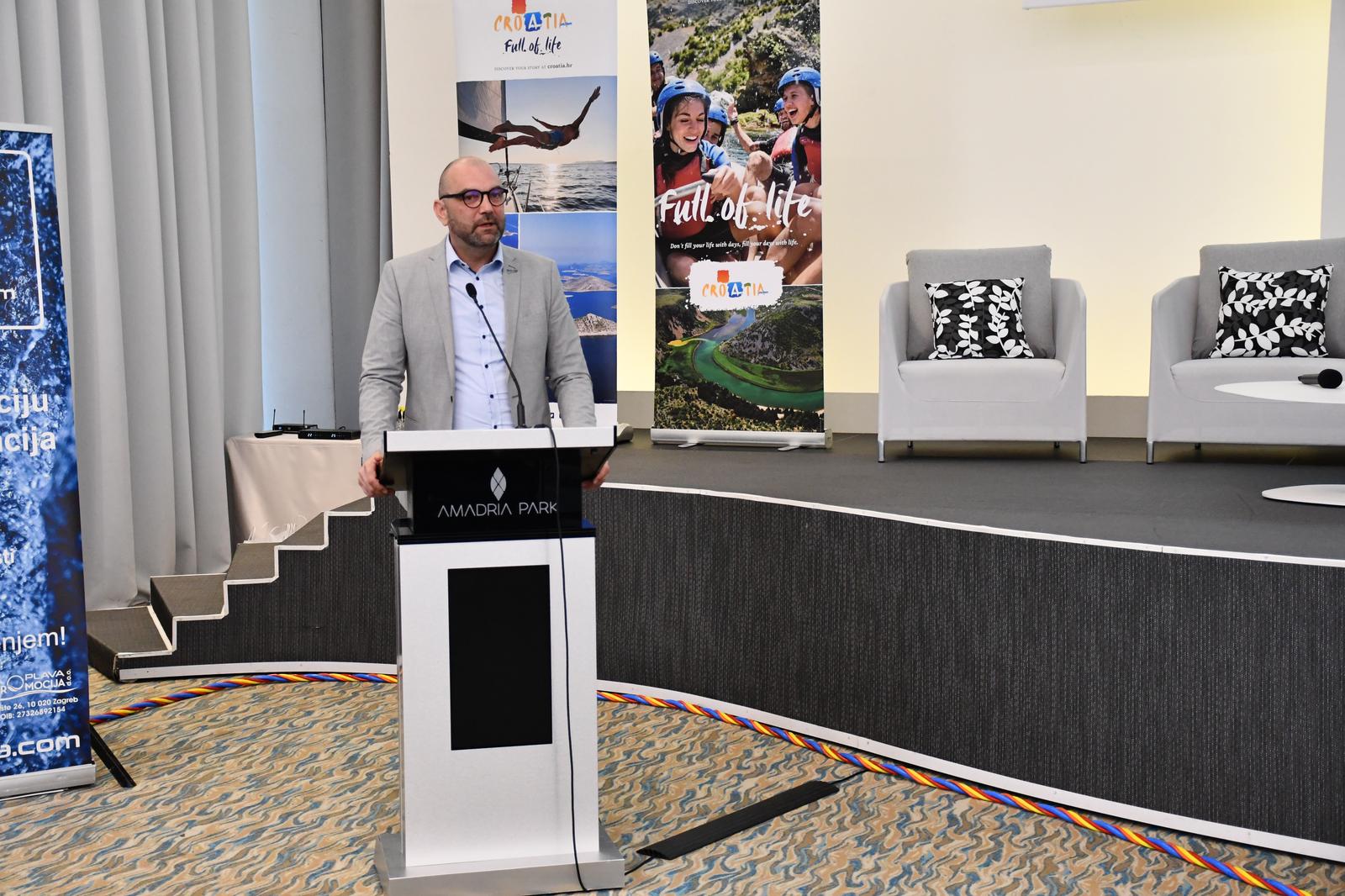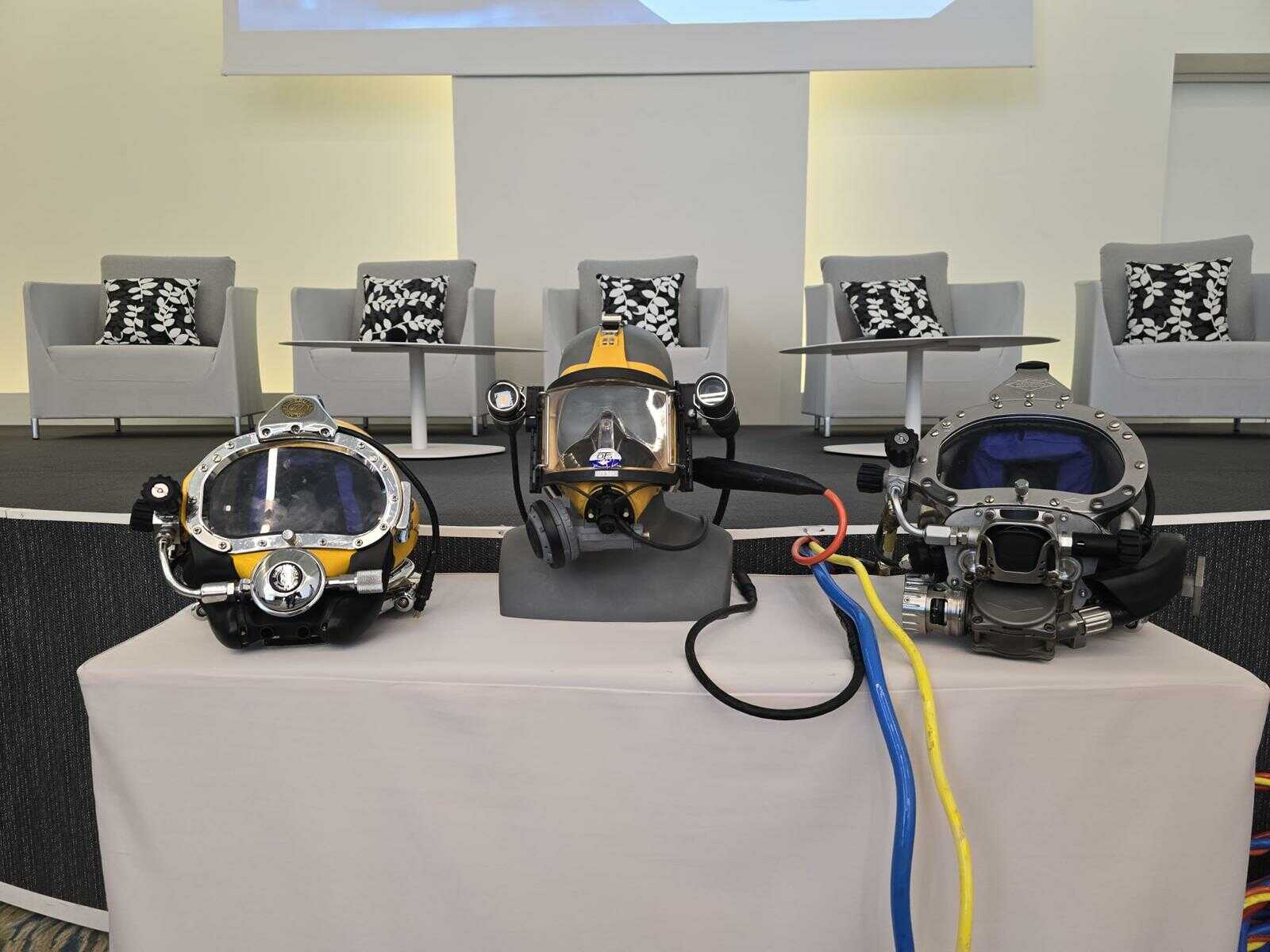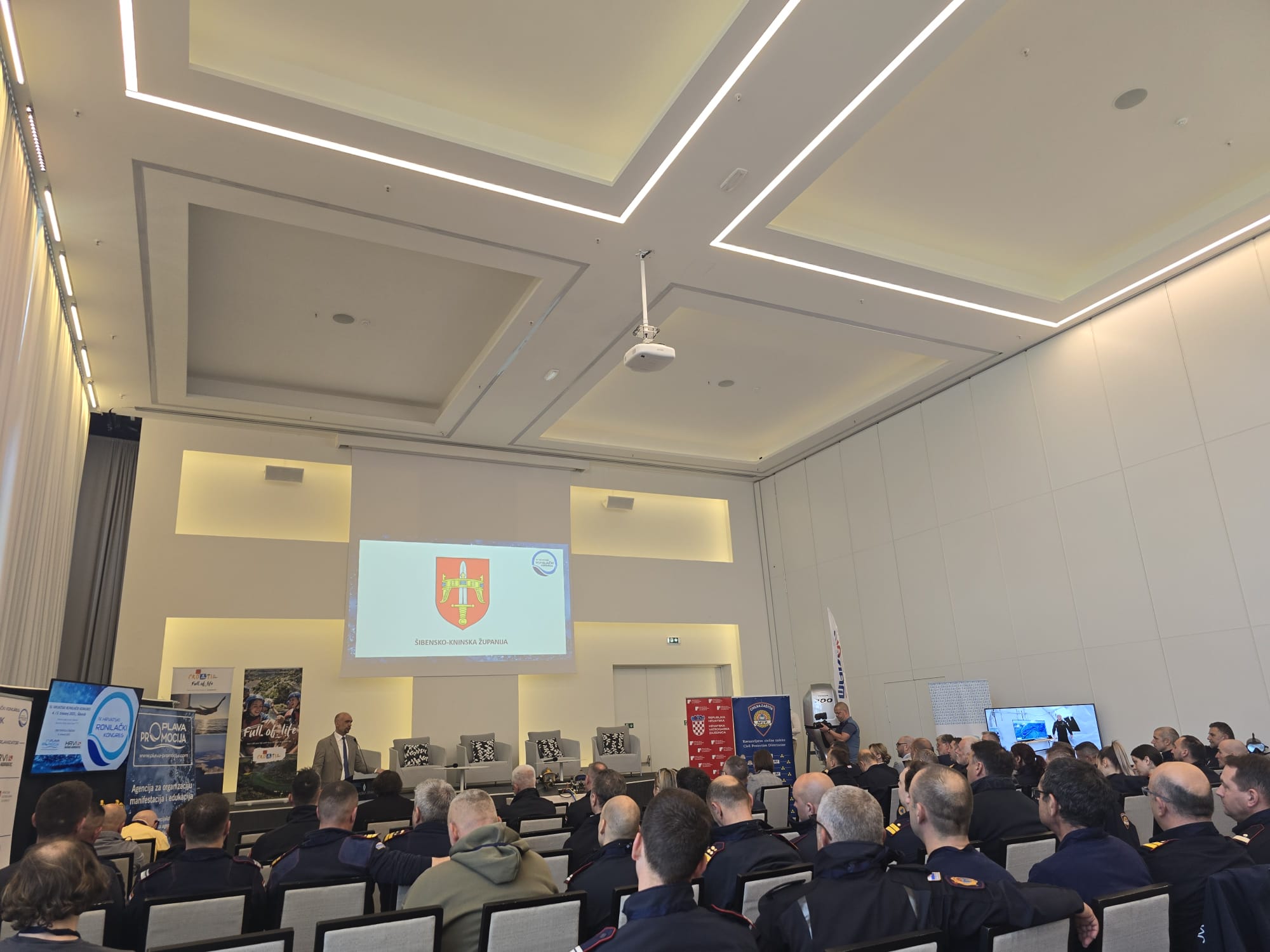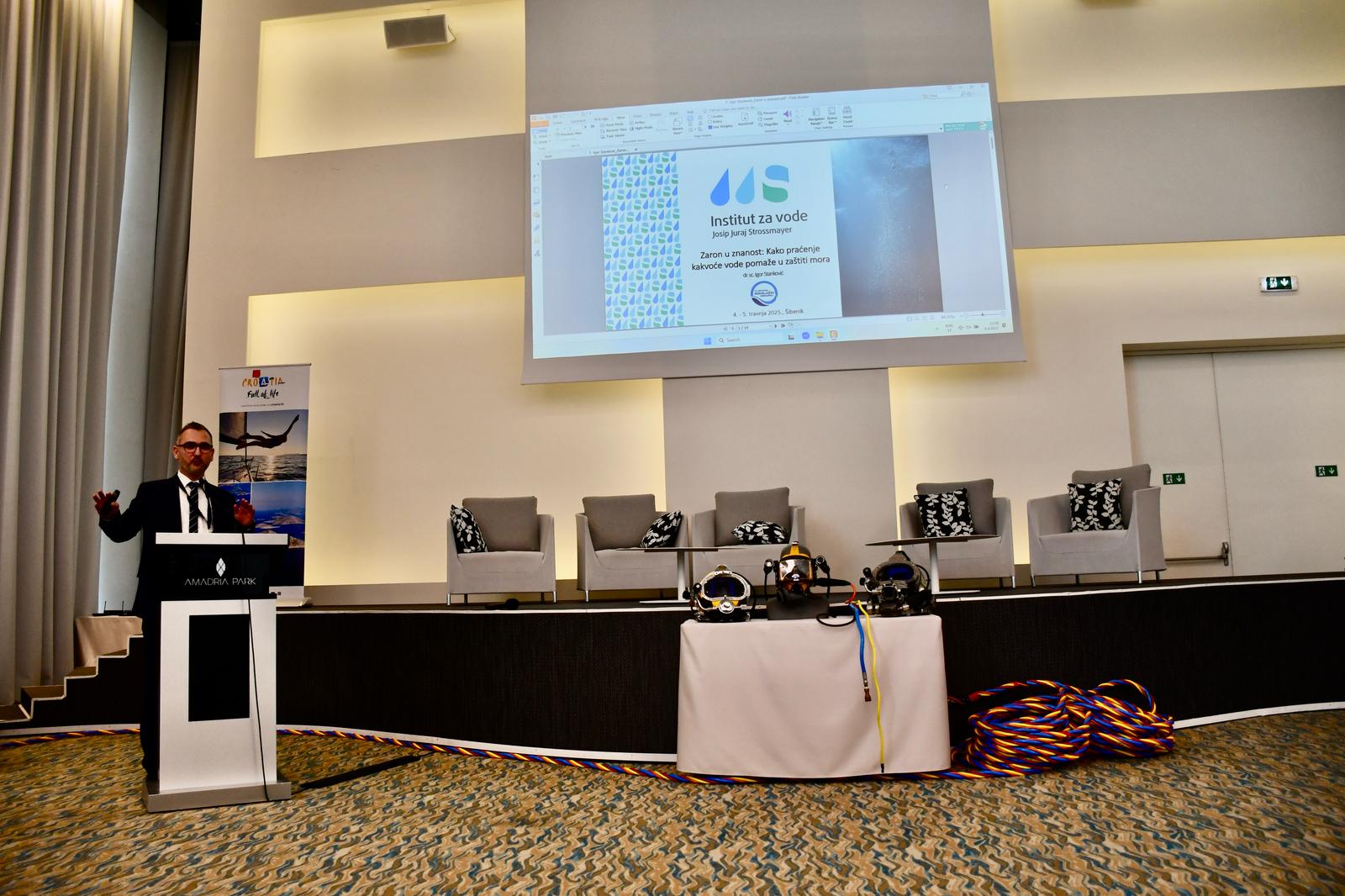Institute at the 4th Croatian Diving Congress


At the Diving Congress, which took place in Šibenik from 4 to 6 April, the director of the “Josip Juraj Strossmayer” Water Institute, Mario Šiljeg, emphasised the importance of protecting the sea, the role and tasks of the Institute and the significant contribution of sports such as diving.
“For Croatia, the Adriatic Sea is not only a tourist attraction, but also a source of food, ecological stability and ultimately national identity. Posidonia meadows can store many times more carbon than forests, protecting the coast from erosion and providing a habitat for numerous plant and animal species. To preserve natural wealth, restore resources and improve resilience to climate change, the removal of visible marine litter is just a drop in the ocean. The real threat also comes from microplastics, which we cannot dive out and whose particles end up in marine organisms and indirectly on our plates,” emphasised Director Šiljeg.
An expert lecture entitled “Diving into science”, which focussed on the importance of monitoring the sea in particular, was given by Igor Stanković. He emphasised the role of the Institute and mentioned scientific research and publications by experts from various partner institutions that have made significant scientific contributions in the field of Adriatic ecology based on monitoring data.
Divers play an important role in prevention and education, as their ecological activities raise awareness of the increased need to protect the marine environment for everyone, especially children and young people.
In this context, Director Šiljeg also pointed out that the competent ministry is actively and systematically working on measures to protect the sea, primarily through a new regulation on the ecological network, which is currently being adopted. The aim of this regulation is to achieve a higher level of marine protection for a much larger marine area.
A positive example is the process of proclaiming a Special Marine Protected Area at Cape Stupišće on the island of Vis, where the local community has successfully initiated and established an initiative to protect this valuable area.


